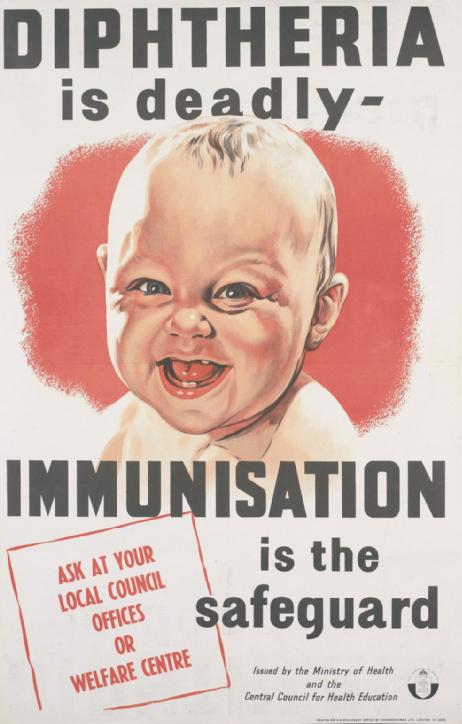Toxoid on:
[Wikipedia]
[Google]
[Amazon]

 A toxoid is an inactivated
A toxoid is an inactivated

 A toxoid is an inactivated
A toxoid is an inactivated toxin
A toxin is a naturally occurring poison produced by metabolic activities of living cells or organisms. They occur especially as proteins, often conjugated. The term was first used by organic chemist Ludwig Brieger (1849–1919), derived ...
(usually an exotoxin) whose toxicity
Toxicity is the degree to which a chemical substance or a particular mixture of substances can damage an organism. Toxicity can refer to the effect on a whole organism, such as an animal, bacteria, bacterium, or plant, as well as the effect o ...
has been suppressed either by chemical ( formalin) or heat treatment, while other properties, typically immunogenicity, are maintained. Toxins are secreted by bacteria, whereas toxoids are altered form of toxins; toxoids are ''not'' secreted by bacteria. Thus, when used during vaccination
Vaccination is the administration of a vaccine to help the immune system develop immunity from a disease. Vaccines contain a microorganism or virus in a weakened, live or killed state, or proteins or toxins from the organism. In stimulating ...
, an immune response is mounted and immunological memory is formed against the molecular markers of the toxoid without resulting in toxin-induced illness. Such a preparation is also known as an anatoxin. There are toxoids for prevention of diphtheria
Diphtheria is an infection caused by the bacteria, bacterium ''Corynebacterium diphtheriae''. Most infections are asymptomatic or have a mild Course (medicine), clinical course, but in some outbreaks, the mortality rate approaches 10%. Signs a ...
, tetanus and botulism
Botulism is a rare and potentially fatal illness caused by botulinum toxin, which is produced by the bacterium ''Clostridium botulinum''. The disease begins with weakness, blurred vision, Fatigue (medical), feeling tired, and trouble speaking. ...
.
Toxoids are used as vaccines
A vaccine is a biological preparation that provides active acquired immunity to a particular infectious or malignant disease. The safety and effectiveness of vaccines has been widely studied and verified. A vaccine typically contains an ag ...
because they induce an immune response to the original toxin or increase the response to another antigen since the toxoid markers and toxin markers are preserved. For example, the tetanus toxoid is derived from the tetanospasmin produced by '' Clostridium tetani''. The latter causes tetanus and is vaccinated against by the DTaP vaccine. While patients may sometimes complain of side effects after a vaccine, these are associated with the process of mounting an immune response and clearing the toxoid, not the direct effects of the toxoid. The toxoid does not have virulence as the toxin did before inactivation.
Toxoids are also useful in the production of human antitoxin
An antitoxin is an antibody with the ability to neutralize a specific toxin. Antitoxins are produced by certain animals, plants, and bacterium, bacteria in response to toxin exposure. Although they are most effective in neutralizing toxins, the ...
s. Multiple doses of tetanus toxoid are used by many plasma centers in the United States for the development of highly immune persons for the production of human anti-tetanus immune globulin ( tetanus immune globulin (TIG), HyperTet (c)), which has replaced horse serum-type tetanus antitoxin in most of the developed world.
Toxoids are also used in the production of conjugate vaccines. The highly antigenic toxoids help draw attention to weaker antigens such as polysaccharides found in the bacterial capsule.
List of toxoids
References
Immunology {{Vaccine-stub